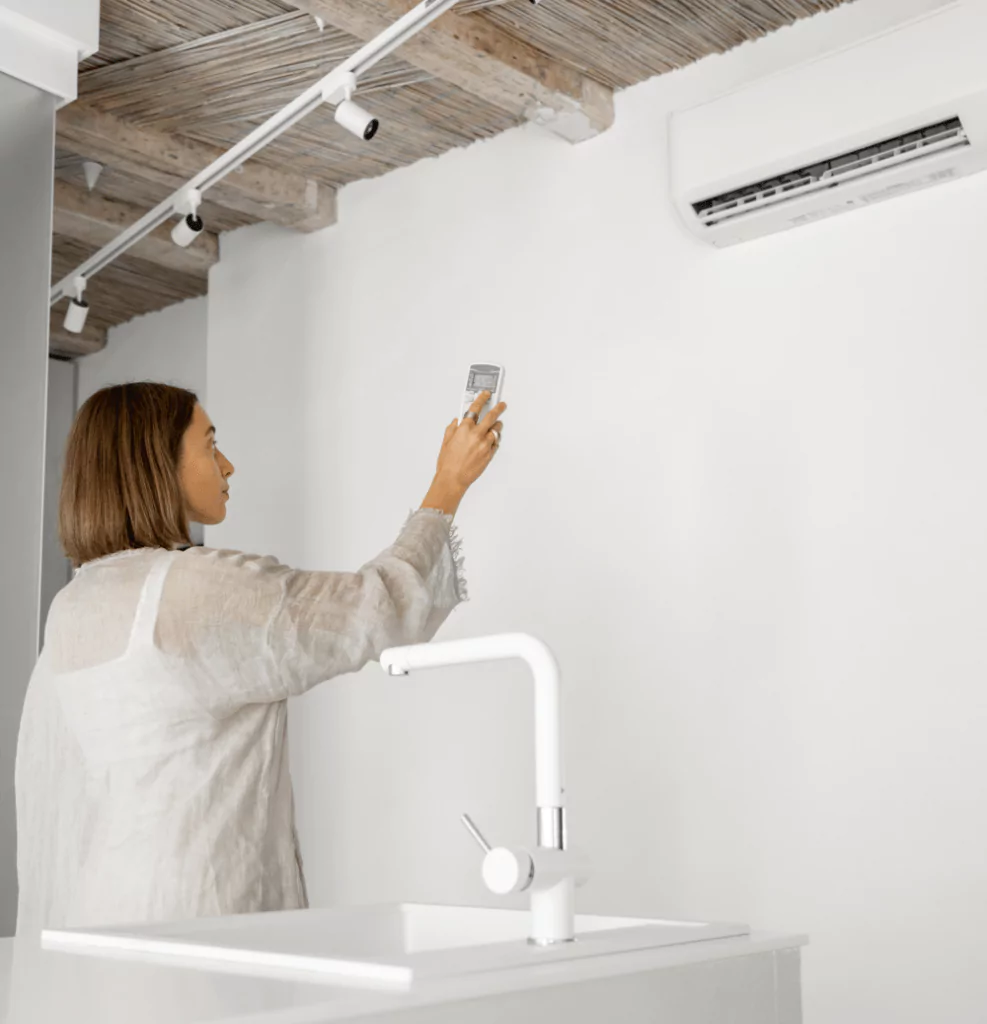
Indoor air quality (IAQ) is crucial for maintaining a healthy and comfortable living environment. One effective way to improve indoor air quality is by incorporating ultraviolet (UV) lights into your HVAC system. UV lights play a significant role in enhancing air quality by targeting and neutralizing harmful microorganisms and contaminants. Here’s how UV lights can benefit your home’s air quality and why they might be a valuable addition to your HVAC system.
Killing Harmful Microorganisms
UV lights are highly effective at destroying bacteria, viruses, mold spores, and other microorganisms that can circulate through your HVAC system. When UV lights are installed within the air handler or ductwork, they emit UV-C radiation that disrupts the DNA of these microorganisms, preventing them from reproducing and causing illness. This process helps reduce the presence of pathogens in your indoor air, contributing to a healthier environment.
Reducing Mold and Mildew Growth
Mold and mildew can thrive in the dark, damp areas of your HVAC system, such as the evaporator coils and drain pans. The growth of mold and mildew can lead to unpleasant odors and exacerbate respiratory issues. UV lights installed near these critical areas help to inhibit mold growth by providing a constant source of UV-C radiation that prevents mold spores from settling and growing. This not only improves air quality but also extends the lifespan of your HVAC components by keeping them clean.
Minimizing Allergens
Allergens such as dust mites, pollen, and pet dander can accumulate in your HVAC system and be dispersed throughout your home. UV lights help reduce the presence of these allergens by killing or neutralizing them before they can be circulated. By installing UV lights in your system, you can create a more allergen-free environment, which is particularly beneficial for individuals with allergies or asthma.
Enhancing System Efficiency
A clean HVAC system operates more efficiently than one that is clogged with contaminants. UV lights help maintain the cleanliness of critical components like coils and drain pans by preventing the buildup of biological contaminants. This can lead to improved airflow and energy efficiency, as your system doesn’t have to work as hard to circulate air. Over time, this can result in lower energy bills and fewer repair costs.
Improving Overall Air Quality
By reducing the presence of microorganisms, mold, mildew, and allergens, UV lights contribute to overall improved air quality in your home. Cleaner air can lead to better health outcomes for you and your family, including fewer respiratory issues, allergies, and other health concerns related to poor indoor air quality.
Conclusion
Incorporating UV lights into your HVAC system can be a highly effective way to enhance indoor air quality. By targeting harmful microorganisms, reducing mold growth, minimizing allergens, and improving system efficiency, UV lights offer a practical solution for creating a healthier home environment. If you’re considering upgrading your HVAC system or want to learn more about the benefits of UV lights, contact a professional HVAC service provider for advice and installation. They can help you determine the best solution for your needs and ensure that your system is working at its best.